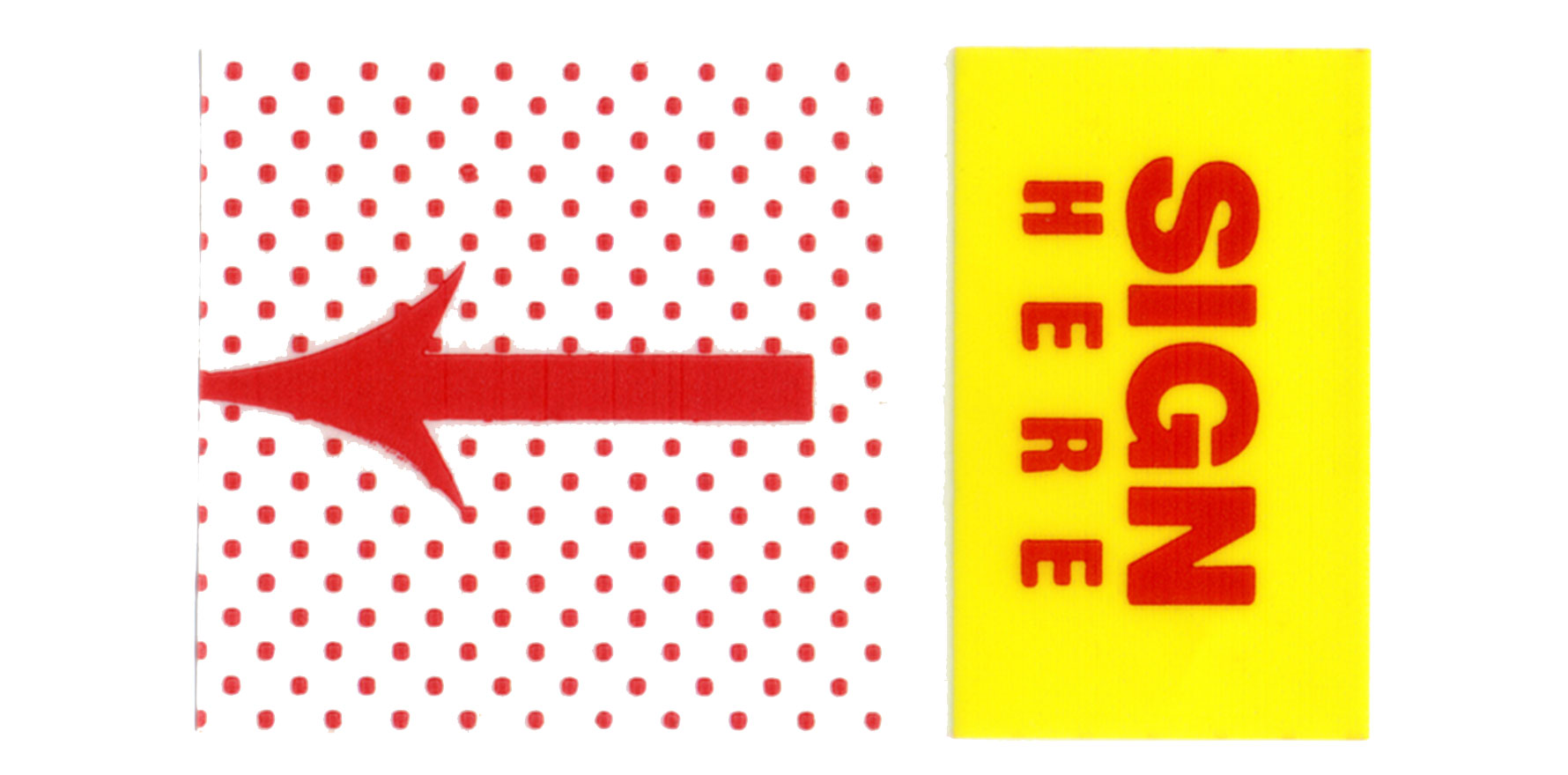Fragmentation puts us all at risk. There’s a growing list of things I tell patients to protect us against the unknowns.
Practising medicine in 2025 feels a lot like 2024 all over again.
Recently I wrote about the trap of signing mere “pieces of paper” that are in truth legally binding documents the government trusts us with.
Today I’m writing about another trap: the increasing fragmentation of care.
What happens if a patient fails to follow up when scheduled, or goes elsewhere, then has an adverse event?
Who is responsible?
It is perhaps an oddity of being generalists, without the need for referral, that people can access us as and when the need arises (good) and fall away when they wish (bad) if they’re displeased or dissatisfied.
In recent weeks I’ve heard of cases from two colleagues where there is real fear of complaints to the regulator by patients who were either lost to follow-up with adverse outcomes on returning, or who cancelled an appointment as they didn’t want to pay for the consultation and didn’t seek alternative opinion till it was somewhat late.
I was reminded of this last week when conducting biopsies for likely skin cancers. My spiel to patients is as follows:
- You will hear from us with results within two weeks even if it is normal. You’ll get a text message from the clinic – “good news, no cancer” – or similar if all is well.
- If you wish to discuss further, you’ll need to book a (paid) appointment.
- If we contact you and ask you to come in to discuss, it’s because there is something to discuss; this is a paid appointment.
I get a verbal okay from the patient in rooms before they leave so there is no doubt and this is documented in the file. I offer always to CC their usual GP into the results. We also offer to send the results to the patient as long as they consent to this being transmitted via non-secure email.
I learned this years ago, when a CST sample went missing somewhere between collection and delivery to the pathology lab. It was not a big deal, because I also say to patients: “If you’ve not heard from us in two weeks please contact us, as things can go amiss.” This patient contacted us, we realised the sample had gone AWOL and she was recalled for another collection.
Last year I had two biopsies that were reported under different doctors, so that I didn’t receive the reports until the patients contacted us about their results.
Mistakes and errors happen, so I work hard to minimise these while explaining to patients that, like diagnoses and treatment, results are a shared responsibility between us and them. They’re not passive recipients of care but active participants in their treatment planning and in showing up.
Nonetheless.
Related
It’s always fraught in recent times when patients present having accessed a telehealth service or the nearest medical centre, with whom they have no relationship and from whom they have no correspondence nor notes on what was done or the plan going forward.
So I now say to all my patients at the initial consultation: if we are to work together, especially if on medications that will take a while to kick in and may need tweaking: is there someone else you’re likely to go to in addition to me for medical advice? Is there someone else you’re going to seek your scripts from, because they’re more convenient or cheaper (I don’t bulk bill)?
Make the covert overt and say no if there’s the potential to open yourself up to unexpected side effects, complaints and more.
There’s another, related phenomenon in which we are getting more and more requests for non-evidence-based tests requested by personal trainers and naturopaths because they can’t access Medicare, yet the same patients baulk at paying to see us for actual results.
I tell these patients: “I don’t order tests that I won’t be interpreting and that I can’t justify. You should go back to your PT/naturopath to order these based on their assessment if you want them to care for you.” And charge for your time in the consultation.
Recently, given the bulk of the work I do is procedural, I’ve begun also saying: “All procedural work is unpredictable; there’s you and how diligently you follow instructions; there’s me and my skills; and there’s your biology which is the bit neither of us can predict. So nothing is ever guaranteed. Our best bet for good results, though, is open communication, trust and clear rules that we can both agree to.”
Ultimately, it’s about safety – for our patients, especially if they don’t understand the risks of going rogue, and for ourselves. It’s a horrible feeling to see a patient go elsewhere because they went down the Google rabbit hole and stopped their prescribed medication, only to get worse; or to see them refuse to come back to discuss abnormal results because they don’t want to pay for the consultation, and delay necessary care.
I try to pre-empt these situations before I conduct the investigation and document it so if there is ever any doubt, or glitch after the fact, I have a record that they were told and consented. And we will always forward the results to them and advise they see their own preferred doctor ASAP.
In 2025, my resolution for myself, and my recommendation for anyone else who needs the nudge, is to overexplain, to overcommunicate my expectations and to let go of the people who bristle at the idea of this.
Psychiatrists have walked out in NSW. How much longer before enough of us at least stand up to this constant erosion of our speciality and expertise?
Dr Imaan Joshi is a Sydney GP; she tweets @imaanjoshi.





